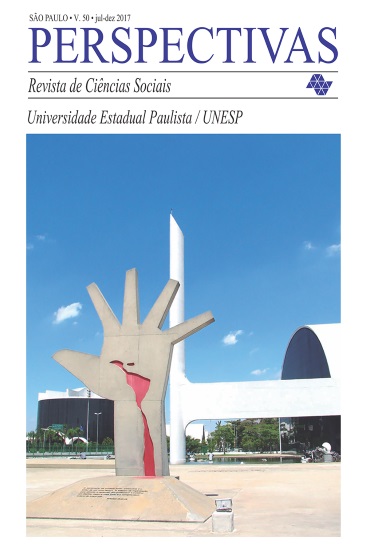UNASUR and the brazilian projection
Keywords:
UNASUR, Post-Liberal Regionalism, Brazilian Foreign Policy, South America, Regional Integration,Abstract
The Union of South American Nations is marked by strong political content, coming from the regionalist attempt of Brazilian initiative of the ALCSA. UNASUR began to act as a catalyst for a socialization project in the region, favored by the convergence of discourses and ideologies, facilitating the relationship between countries for their flexibility and little demand on the commercial and economic commitment of the nations involved. In expressing a multidimensional integration initiative, UNASUL required an accurate and complex approach to Brazilian foreign policy. The recognition of the country’s regional leadership and the exercise of a legitimate protagonism would be conditioned by the ability to build consensus in a multi-sphere environment. In such a context, Brazil’s economic, demographic and strategic attributes need to be surrounded by an action that fosters harmony by taking into account diverse aspects of national and regional realities. In this sense, both the action of UNASUR and the Brazilian position within the institution regarding the recent internal political crises of some of its members must be pointed out as emblematic. In view of the above, it should be pointed out that the objective of the study is to clarify the vicissitudes and challenges of Brazilian action within UNASUR, explaining how the institutional and thematic fluidity of the organization can become a useful tool in affirming the Brazilian regional leadership and its calculations of action.

